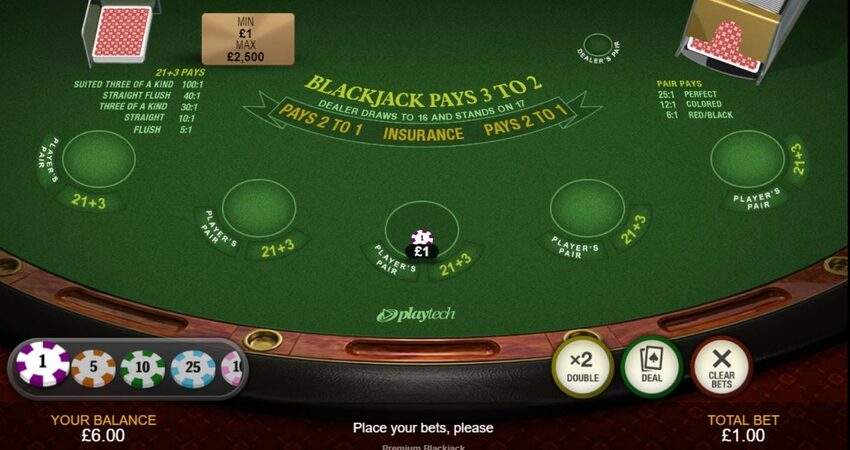Knowing how and when to place a poker wager is the most important skill in poker. Besides, there are many rules and intricacies in making poker moves. That is why all poker players need to know the betting options and rules.
Poker Wagering Options
There are five betting options in poker. The players should know the rules and when to make a poker wager perfectly to win. These are the main betting options:
- Check: the player doesn’t place a bet ( in case anyone else bets).
- Fold: player gives up on his hand when the time to place a poker wager comes. It means the player can not play his hand anymore.
- Bet: the player who put the money in the pot first starts a chain of bets, and the rest of the players should decide whether to raise, fold, or call.
- Call: the player should match the poker wager after another player has placed the bet or raise.
- Raise: the other option aside from call ( match the bet) is to raise — to increase the starting bet
There are different situations when it is better to bet, check, call, fold or raise.
What Poker Wager and Strategy to Choose?
When the game starts you should decide what to do: raise, check, call, raise, or fold. Raising the bet puts pressure on the rest of the players. You will not achieve this effect if you call. The player should make his opponents fold to win. This will unlikely happen if you just call. You get a great chance to win if you force the rest of the players to make some actions.
You should also better pay attention to the players who play aggressively and will likely re-raise your bet. It is better to check if you think that your hand is not strong enough and to prevent folding. Constant betting and pressuring opponents to the river is a good idea if you play against the newbies. It is better not to bluff in such a situation because they will unlikely flop in the second round. The bluff is relevant if you play against experienced opponents. Good players will more likely flop against an aggressive opponent.
Checking is always a good idea if you are not sure that you have a good hand, and hesitate to raise. But, of course, players don’t want to reveal the fact they have weaker hands. That’s where many mistakes are made. One of the most common mistakes is to place smaller bets in the following rounds. For example, you pay a $1 cash game, raise to $8 pre-flop, and bet $12 after the flop. Then it is better to check if you are not going to bet. You should not reduce the bet because it reveals your weakness, and the rest of the players will re-raise you, and you will fold or make a much higher bet. It is better to stay at the same level and try to increase the bet.
